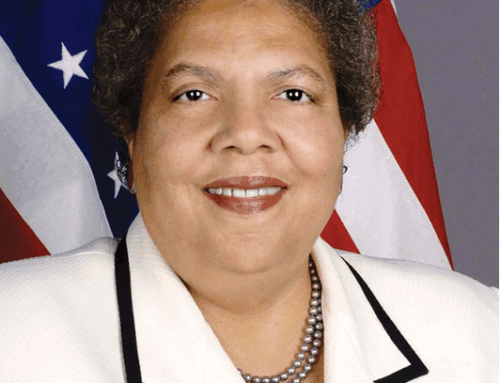Despite pledges to nominate more members of underrepresented ethnic and racial groups, companies have made little progress over the last five years.
By Peter Eavis
For the New York Times
The boards of the 3,000 largest publicly traded companies remain overwhelmingly white. Underrepresented ethnic and racial groups make up 40 percent of the U.S. population but just 12.5 percent of board directors, up from 10 percent in 2015, according to a new analysis by the Institutional Shareholder Services’ ESG division. The firm, which announced a database of the findings on Tuesday, advises investors on how to vote in board elections and on other corporate matters.
Black directors make up just 4 percent of the total, up from 3 percent in 2015, while Black women make up just 1.5 percent of the more than 20,000 directors included in the analysis, which goes beyond other surveys that included only the 500 largest public companies.
Since the death of George Floyd in police custody in May, many chief executives have backed efforts to tackle racial injustice. In theory, the one thing that they could swiftly change is the corporate boardroom. Executives and their boards wield tremendous clout in selecting new directors, and their picks are almost always approved by shareholders.
A group of 44 executives and organizations last week announced the Board Challenge, a campaign that calls on companies to add a Black director within the next 12 months. One of the supporters of that effort is Tony West, the chief legal officer for Uber and a former senior Justice Department official in the Obama administration.
“The real test will not be in the commitments that we’re making right now in this moment of heat,” Mr. West said, “but what the commitment will be over the long term when the protesters have gone home.”
Read the full article – Diversityonboards






